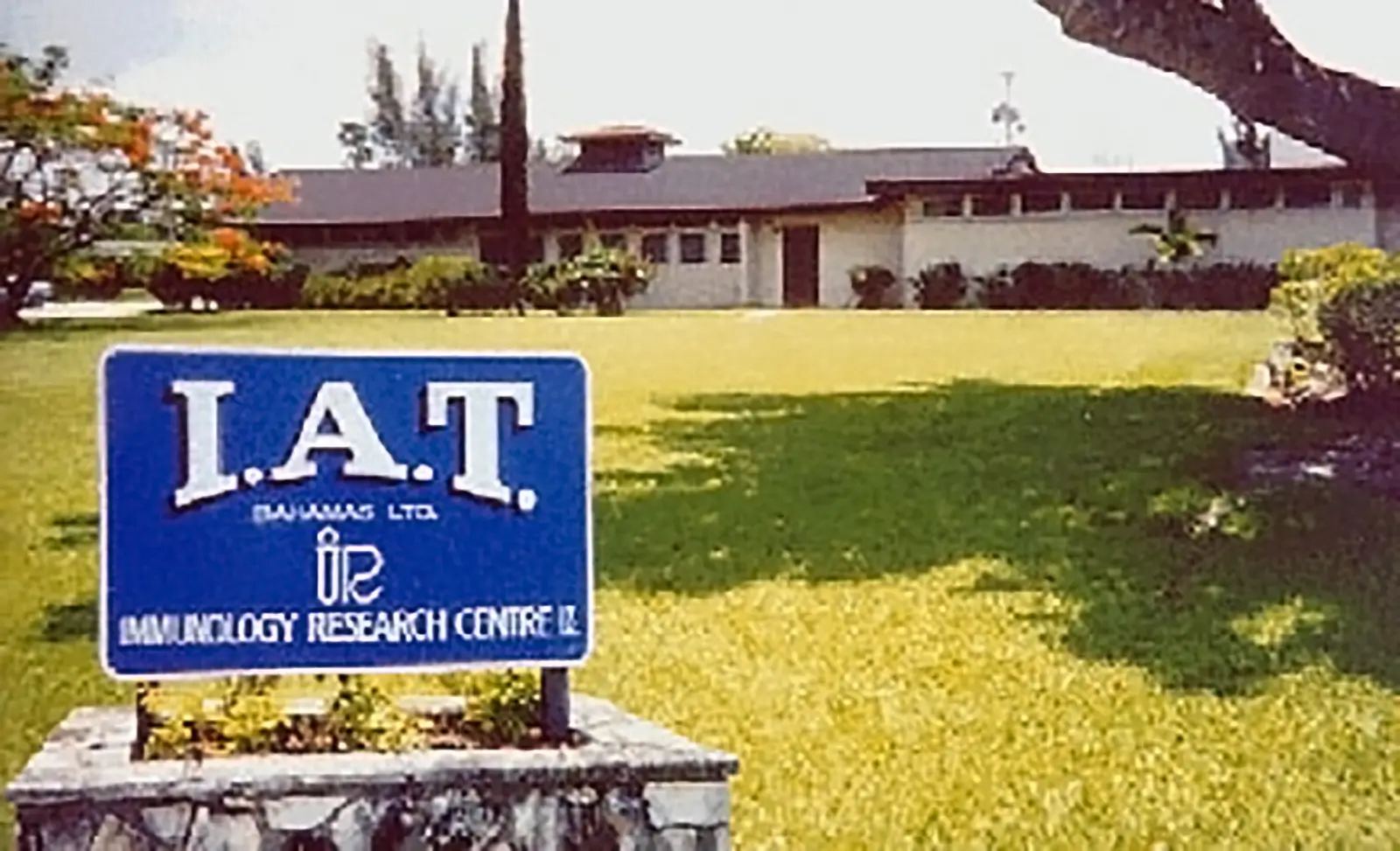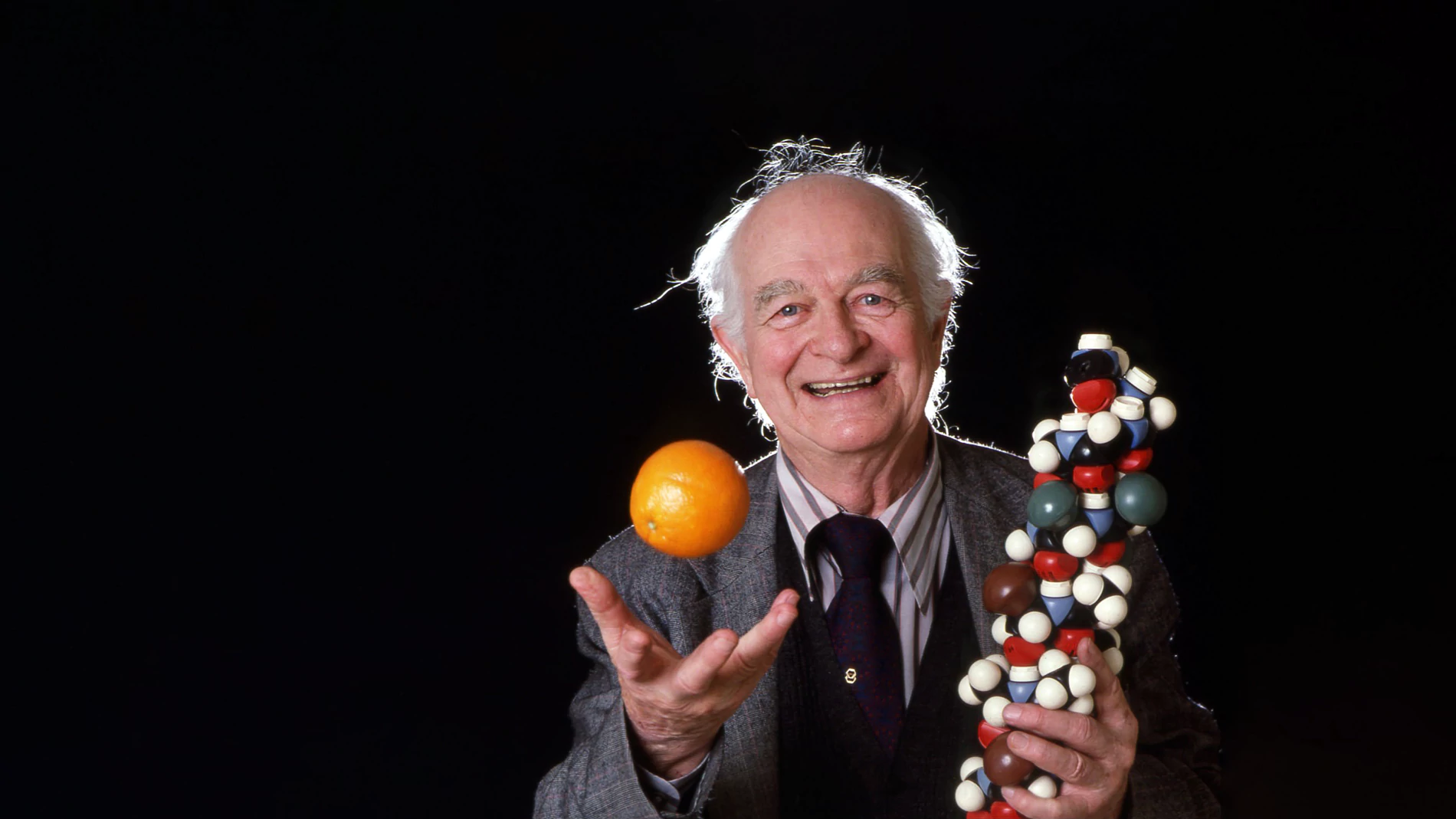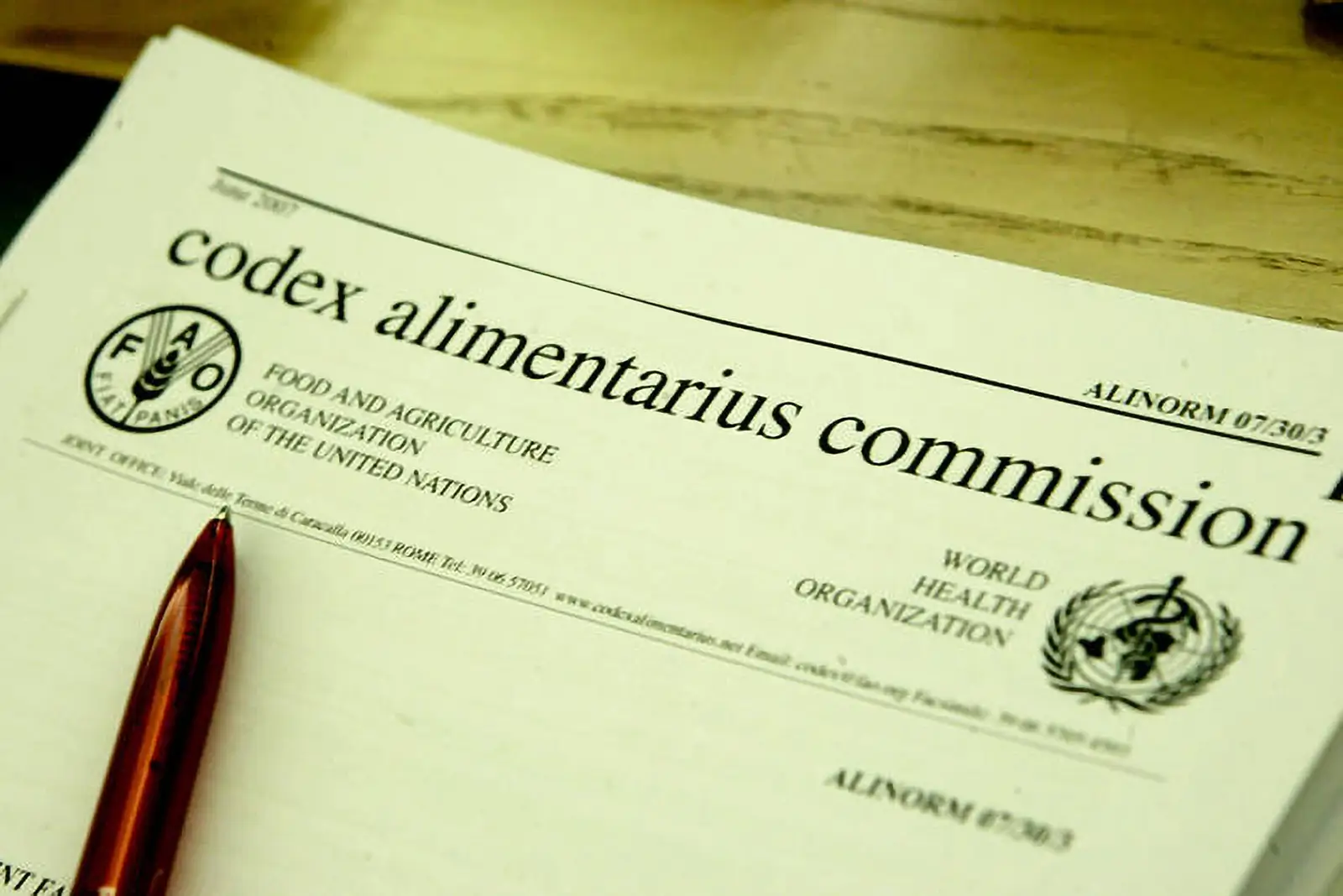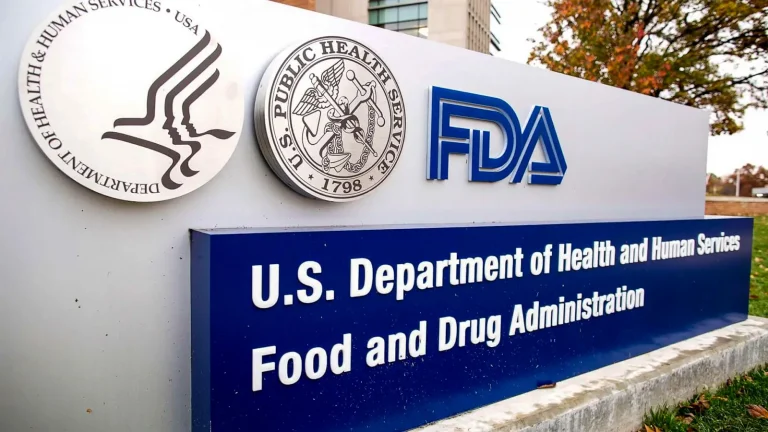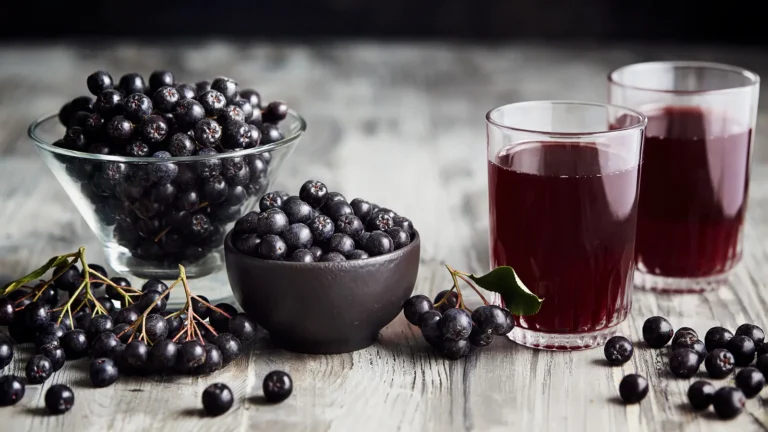Patented Medicine, Herbal Remedies, and FDA approval
War on plants had been waged by industry monopolists for more than 100 years now, and the final chapter is already written in the UN.
Milos Pokimica
Written By: Milos Pokimica
Medically Reviewed by: Dr. Xiùying Wáng, M.D.
Updated August 4, 2023The majority of people think that we live in an advanced democratic human rights-granted world of equal opportunities painted by the mainstream media governmental propaganda. Let me ask this. If they (people that own big pharma, banks, and other industries) actually researched and spend hundreds of millions of dollars to create medications that actually cured people, how would they continue to profit off our illnesses?
Or would they just treat symptoms and lie? And actually, so much more than just lying. They murder people, destroy people, and waged war against anything that threatens them. Anything that they cannot control is a threat. Both in the form of nature or in the form of technology that cannot be patented or technology that can be patented but is not very profitable because it cures disease instead of treating the symptoms. These people know exactly what the game is and what they are doing.
Anything that comes from nature cannot be patented. There are not interested in that. Everybody can grow a plant. That is a direct threat to industry interest. If there is a cure for some disease in the form of lifestyle changes, there are not interested in that. If there is some medicinal herb that works it must be destroyed. If it cannot be destroyed, then it has to be forbidden by law.
You translate that into the real world of FDA approval, and we get no interest in research into not patented medicine and no interest in research of conventional patented medicine that will really help people in the long run. And of course, the destruction of all things that exist already and has been proven to help. The way they do that is by the FDA.
People don’t realize that the FDA regulations it is illegal to use anything in existence unless it has been tested. You see the catch-22. Nothing from nature will ever be proven to be effective or safe because there is no one that is going to do the research that has the money to do the test. After all, there is no patent at the end of the test and no profit. They have control over you, and they do not like you. FDA does not do any testing of the drugs or supplements. It is relayed solely on submission from the drug companies when it makes its approval. In retrospect, it is designed to protect the industry, and it is a conflict of interest. It also has one more benefit for the industry. There is concern that the FDA has the power now to remove from the marketplace all of the new dietary ingredients that were introduced after October 1994. This includes a big chunk of supplements that are on the market.
People can go and buy potent herbal extras or other supplements and they can regulate their diet and lifestyle and get off the prescribed medicine, so the new law was passed in 1994. The FDA requires that manufacturers and distributors who wish to market dietary supplements that contain “new dietary ingredients” notify the FDA about these ingredients. Information requirement is to include information that is the basis on which the manufacturer or distributor has concluded that new dietary ingredients will reasonably be expected to be safe.
What the safe actually means? In the first decade of the new dietary ingredients guidelines, the FDA took a conservative view of what dietary ingredient was. They will say that if it was in the food supply and if you can show that it is in the food supply then they will allow you to sell it and not require you to make a scientific submission. In the ’90s FDA under pressure from the industry took a more restrictive approach by expanding the definition of a dietary ingredient and starting to keep more things out of the market and increasingly trying to regulate even the old supplements. The public reported purpose of the guidelines was to promote public safety for consumers. In reality, it had other intended purposes. Most of the supplement companies today were not present in 94. Of those that existed hardly any had records. What FDA is saying now is that your product is approved but only if you can scientifically prove it is safe because being on FDA published list before 94 is no proof anymore.
So you have to do the studies, and that seems fine if you are not familiar with the already mentioned catch-22. And of course, when the industry does their studies, they have billions to spend to alter the result in the desired way. We can only remember stories about Aspartame and MSG approval. This would be a topic for separate articles.
So today FDA basically requires a sort of preapproval from the companies and represents a sort of economic barrier for entry and results in the loss of small supplement manufacturers and the creation of a small number of big supplement companies that can be purchased by the big pharma and controlled.
It costs somewhere between $150,000 to about $1.3 million for one NDI (New Dietary Ingredient) submission. It is also made clear that approval of NDI is valid only for the company that submitted it and cannot be transferred to any other company, even if it is the same ingredient. They require every company that sells the same product to submit a new dietary ingredient submission. As a result, there are now even fewer supplements available, and they are even more expensive. The supplements that are pushed are the ones that are useless or dangerous but are in the industry’s interest to promote, like protein powders and bodybuilding chemicals. However, if you want to buy, for example, curcumin extract as support for cancer treatment, it will be more expensive than it should be. There were even attempts to force curcumin to be a prescribed pharmaceutical drug, but they failed.
However, the intention is there, and it goes in one direction. If there was any way to ban the turmeric plant and many other plants, they will gladly do it with no hesitation. Because there is not, or it is hard to do, because curcumin does not have any psychoactive properties and it is just a spice, there is nothing that the industry can do. However, then we have these forms of economic manipulation going on. Ingredients that we use to manage our health, from foods to concentrated nutrients sold as dietary supplements, are now being given requirements to prove safety before they can be used. Also, if hard to believe, but they want to ban medicinal foods too. The FDA Food Safety Modernization Act of 2007 (FSMA) gave the FDA unprecedented power over food. It gave the power to ban interstate commerce with any food in existence that has been studied for medicinal use. This act gives the FDA more power and more money to hire agents to run around the countryside of the USA to begin to arrest small organic gardeners and raw dairy farmers and intimidate even people who grow food for themselves in their own yards and gardens.
The idea that you take some plant that is grown for millennia and requires to enforce all kinds of double-blind placebo studies that underline regular drug testing is designed not to protect consumers but to remove the choice and to take responsibility for our own health from us and put it in the hand of industry and its enforcer the government.
And they did it already to the empirics and natural healers at the beginning of the 20th century but did not target individual people. Now they are going to target regular people as well. What are they going to do with this new authority is the same thing that they have done until now. Every product that comes on the market would be assumed to be an unsafe product, any natural herb should be assumed to be dangerous, any other medical treatment not approved by the FDA should be assumed to be dangerous, and every natural remedy, supplement, or anything else if not approved should be assumed to be dangerous and are going to be removed until people manufacturing that product prove that the product is safe. And if a product is already proven to be safe, the approval needs to be done again for every single company. The small farmer who wants to sell medicinal herbs is going to be treated like selling dangerous substances for example like selling poison or cannabis. It started to happen already today, but the intention is to be even more enforceable in the future.
By current law, what an agency can do to small farmers or small companies that did not approve its products is they can come and take everything the farmer or company owns of any value. They can do it without any advance notice, weapons drawn, barging into the business, seizing assets, freezing bank accounts, seizing all the products, and seizing all the material inside the offices, computers, papers, and files before trial or conviction. Charges can be both civil and criminal and can result in incarceration for a lifetime. Even if you don’t get indicted, what they do is ruin someone’s business completely. They did start to do this to some extent to local farmers, especially in regards to raw milk and herbal remedies, but there was some backlash, but that did not stop the intention.
What this is in reality all about is to start to push small businesses out. If you have a small family supplement company can you afford to spend up to 1 million for approval for every product? What would you do most likely is to send your kid to college so that he can get a job at a regular pharmacy and close. It is not logical to conclude that the government forces companies to test one ingredient that has been proven to be safe over and over again just for safety and what is completely out of the scope of logic is to force payment that goes up to more than a million dollars.
The real intention is to economic burden and then remove the small organic farmers and businesses, natural herbal doctors that are outside of the medical line, and all other “threats” with this well-calculated economic warfare.
And this is not just the US it has gone global.
War on plants had been waged by industry monopolists for more than 100 years now, and the final chapter is already written in the UN.
It is called Codex Alimentarius. That is a fancy Latin name for the world food code. The ambiguous title “Codex Alimentarius” is no accident. It was written by the same companies and even in some cases the same individuals, who wrote the Auschwitz concentration camp slogan “Arbeit mach frei” (“Work makes you free”). It was created in 1963s in the UN by the same oligarchy. It is a body that was established by the Food and Agriculture Organization of the United Nations (FAO), and the World Health Organization (WHO). In fact, Codex is the next stage of intention for multi-national corporations razed above national sovereignty and enforced upon the world. The five segments of business that benefit from Codex are Big Bio-Tech, Big Chem, Big Medica, Big Pharma, and Big Agra biz.
References:
Passages selected from a book: Pokimica, Milos. Go Vegan? Review of Science Part 2. Kindle ed., Amazon, 2018.
Related Posts
Do you have any questions about nutrition and health?
I would love to hear from you and answer them in my next post. I appreciate your input and opinion and I look forward to hearing from you soon. I also invite you to follow us on Facebook, Instagram, and Pinterest for more diet, nutrition, and health content. You can leave a comment there and connect with other health enthusiasts, share your tips and experiences, and get support and encouragement from our team and community.
I hope that this post was informative and enjoyable for you and that you are prepared to apply the insights you learned. If you found this post helpful, please share it with your friends and family who might also benefit from it. You never know who might need some guidance and support on their health journey.
– You Might Also Like –

Learn About Nutrition
Milos Pokimica is a doctor of natural medicine, clinical nutritionist, medical health and nutrition writer, and nutritional science advisor. Author of the book series Go Vegan? Review of Science, he also operates the natural health website GoVeganWay.com
Medical Disclaimer
GoVeganWay.com brings you reviews of the latest nutrition and health-related research. The information provided represents the personal opinion of the author and is not intended nor implied to be a substitute for professional medical advice, diagnosis, or treatment. The information provided is for informational purposes only and is not intended to serve as a substitute for the consultation, diagnosis, and/or medical treatment of a qualified physician or healthcare provider.NEVER DISREGARD PROFESSIONAL MEDICAL ADVICE OR DELAY SEEKING MEDICAL TREATMENT BECAUSE OF SOMETHING YOU HAVE READ ON OR ACCESSED THROUGH GoVeganWay.com
NEVER APPLY ANY LIFESTYLE CHANGES OR ANY CHANGES AT ALL AS A CONSEQUENCE OF SOMETHING YOU HAVE READ IN GoVeganWay.com BEFORE CONSULTING LICENCED MEDICAL PRACTITIONER.
In the event of a medical emergency, call a doctor or 911 immediately. GoVeganWay.com does not recommend or endorse any specific groups, organizations, tests, physicians, products, procedures, opinions, or other information that may be mentioned inside.
Editor Picks –
Milos Pokimica is a health and nutrition writer and nutritional science advisor. Author of the book series Go Vegan? Review of Science, he also operates the natural health website GoVeganWay.com
Latest Articles –
Top Health News — ScienceDaily
- Scientists find dark chocolate ingredient that slows agingon December 12, 2025
Scientists have uncovered a surprising link between dark chocolate and slower aging. A natural cocoa compound called theobromine was found in higher levels among people who appeared biologically younger than their real age.
- Nerve injuries can trigger hidden immune changes throughout the entire bodyon December 12, 2025
Researchers discovered that nerve injuries can alter the immune system throughout the body, and males and females react very differently. Male mice showed strong inflammatory responses, while females showed none, yet both transmitted pain-inducing signals through their blood. These findings reveal previously unknown pathways driving pain, especially in females. The work points toward new opportunities for personalized chronic pain therapies.
- NAD+ supplement shows early promise for long COVID fatigue and brain fogon December 12, 2025
Long COVID still affects people worldwide with stubborn symptoms like fatigue and cognitive issues. A clinical trial tested whether boosting NAD+ using nicotinamide riboside could help. Although overall group differences were limited, many participants showed encouraging improvements after taking NR for at least 10 weeks. The findings suggest NAD+ enhancement may offer symptom relief for some individuals.
- Stressed rats keep returning to cannabis and scientists know whyon December 11, 2025
Rats with naturally high stress levels were far more likely to self-administer cannabis when given access. Behavioral testing showed that baseline stress hormones were the strongest predictor of cannabis-seeking behavior. Lower cognitive flexibility and low endocannabinoid levels also contributed to increased use. The results hint at possible early indicators of vulnerability to drug misuse.
- Even moderate drinking carries a bigger cancer risk than you thinkon December 11, 2025
Researchers found that both how often and how much someone drinks significantly shape their cancer risk, even at moderate levels. Vulnerability varies across groups, with genetics, socioeconomic status, obesity, and lifestyle behaviors amplifying harm. The review also uncovered gender differences, beverage-specific risks, and biological pathways that intensify cancer development.
- Scientists uncover a hidden protein behind deadly mystery diseaseson December 11, 2025
Scientists discovered that the protein RPA plays a critical and previously unconfirmed role in stimulating telomerase to maintain long, healthy telomeres. When RPA malfunctions, telomeres can shorten dangerously, leading to serious diseases.
- Gene-edited CAR-T cells erase aggressive T-cell leukemiaon December 11, 2025
A cutting-edge therapy using base-edited immune cells is offering a major breakthrough for patients with one of the toughest forms of blood cancer, T-cell acute lymphoblastic leukaemia. By precisely rewriting tiny sections of DNA, scientists at UCL and Great Ormond Street Hospital created universal CAR T-cells capable of targeting the cancer without harming themselves—a long-standing challenge in T-cell–based therapies. Early trial results show deep, long-lasting remissions, including in […]
PubMed, #vegan-diet –
- Healthful and Unhealthful Plant-Based Diets and Their Association with Cardiometabolic Targets in Women Diagnosed with Breast Cancer: A Cross-Sectional Analysis of a Lifestyle Trialon December 11, 2025
CONCLUSIONS: Maintaining cardiometabolic risk factors within normal ranges is clinically relevant in BCS, and this may be more likely when a plant-based diet is consumed, especially if low in unhealthy plant foods.
- Dietary and Lifestyle Patterns and Their Associations with Cardiovascular and Inflammatory Biomarkers in Vegans, Vegetarians, Pescatarians, and Omnivores: A Cross-Sectional Studyon December 11, 2025
Background: Plant-based diets are associated with reduced cardiometabolic risk, yet the influence of lifestyle behaviors on these benefits remains insufficiently understood. Objective: To assess the combined impact of dietary patterns and lifestyle behaviors on body composition, lipid profiles, and inflammatory biomarkers in healthy young adults. Methods: In this cross-sectional study, 155 participants aged 18-39 years were categorized into four dietary groups: vegans (n = 48), vegetarians (n […]
- Functional and Nutritional Properties of Lion’s Mane Mushrooms in Oat-Based Desserts for Dysphagia and Healthy Ageingon December 11, 2025
Hericium erinaceus (Lion’s Mane mushroom) is a medicinal species recognised for its neuroprotective and antioxidant properties. This study investigated its potential as a functional ingredient in oat milk-based desserts formulated for individuals with dysphagia. Freeze-dried Lion’s Mane powder (LMP), containing high-quality protein (~16%, amino acid score 88%), dietary fibre (~31%), and phenolic compounds (72.15 mg GAE/g), was incorporated at varying levels using gelatin or iota-carrageenan […]
- “A football team with no midfield”: A qualitative analysis of anti-vegan stigma in Italyon December 7, 2025
A growing body of research has demonstrated the prevalence of unfavourable attitudes towards individuals who adhere to a vegan diet and has provided empirical evidence to support the existence of an anti-vegan ideology. The present study aims to contribute to extant knowledge by examining the social perception of veganism and vegans in Italy. Italy is a nation characterised by a traditional culture of food that serves as a significant catalyst for collective identification and national pride….
- Plant-based dietary index on the Mediterranean and a vegan diet: a secondary analysis of a randomized, cross-over trialon December 5, 2025
CONCLUSION: These findings suggest that, replacing animal products even with the “unhealthful” plant-based foods on a vegan diet was associated with weight loss.
Random Posts –
Featured Posts –

Latest from PubMed, #plant-based diet –
- Bioactive Nutritional Components Within the Planetary Health Diet for Preventing Sarcopenic Obesity and Diabetic Sarcopenia: A Systematic Reviewby Lia Elvina on December 11, 2025
CONCLUSIONS: PHD-aligned foods combining plant proteins, polyphenols, and fermented products strengthen nutrient sensing, mitochondrial efficiency, and cellular resilience, representing a sustainable nutritional framework for preventing and managing SO and DS.
- Ultra-Processed Foods Consumption, Mediterranean Diet Adherence and Sociodemographic Correlates in an Italian Adult Population: The UFO Surveyby Emilia Ruggiero on December 11, 2025
Background: Although national surveys report increasing ultra-processed foods (UPFs) consumption, updated estimates for Italy are lacking. Given the central role of the Mediterranean Diet (MD), understanding how UPFs contribute to the contemporary Italian diet is essential. This study quantified UPF intake in a convenience sample of Italian adults and examined its main sociodemographic correlates, including MD adherence. Methods: A web-based cross-sectional survey was conducted among Italian…
- High-Salt Diets, Intestinal Barrier, and Hypertension: A Mechanistic Review and the Promise of Dietary Therapyby Wenhao Si on December 11, 2025
Hypertension is a major public health problem worldwide, and high-salt diets are one of the main causes of hypertension. The intestinal mucosal immune system is the largest immune organ in vertebrates. Hypertension was associated with increased intestinal permeability and an inflammatory state. The bacterial communities attached to the intestinal mucosa played a significant role in the development and maturation of the autoimmune system, as well as inflammation and immunity to disease. In […]
- Health-Promoting Potential of the Mediterranean Diet and Challenges for Its Application in Aging Populationsby Marta Cianciabella on December 11, 2025
The Mediterranean Diet (MD) is a lifestyle that involves not only dietary habits, well known for their effectiveness in preventing health risks by supplying well-balanced foods rich in bioactive compounds, but also daily habits that improve the quality of life. Older adults represent a segment of the population that can particularly benefit from this dietary pattern. However, the specific characteristics and needs of older individuals require a critical analysis of aspects that may limit…
- Association of Mediterranean Diet Scores with Psychological Distress in Pregnancy: The Japan Environment and Children’s Studyby Yuri Takahashi on December 11, 2025
Background/Objectives: Perinatal mental disorders are important health issues that affect both mothers and their children. The Mediterranean diet (MD) is one of the most well-recognized healthy dietary patterns worldwide. Recent evidence suggests that MD may prevent or reduce the risk of perinatal mental disorders. This study investigated the association between MD adherence during pregnancy and psychological distress in a large cohort of Japanese births. Methods: Data were obtained from […]
- Protective Role of Ginsenoside F1-Enriched Extract (SGB121) in Metabolic Dysfunction-Associated Fatty Liver Disease (MAFLD)by Bo Yoon Chang on December 11, 2025
Introduction/Objectives: Ginsenoside F1, a pharmacologically active saponin derived from Panax ginseng, exhibits diverse bioactivities, but its use is limited because it is difficult to purify and has high production costs. To overcome these challenges, a ginsenoside F1-enriched extract named SGB121 was developed. This study aimed to evaluate the therapeutic efficacy of SGB121 in a high-fat, high-carbohydrate (HFHC) diet-induced metabolic dysfunction-associated fatty liver disease (MAFLD) […]



